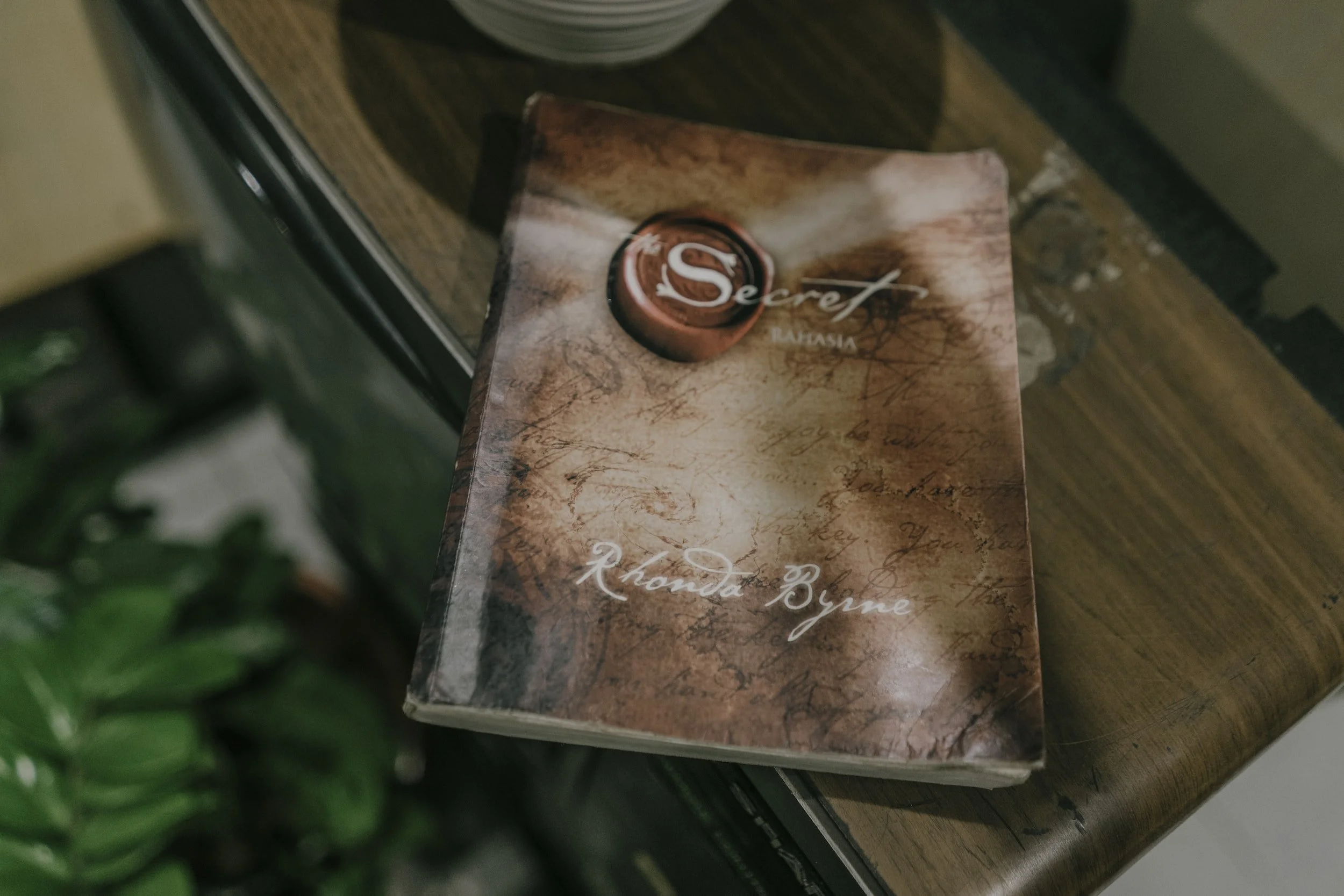“The Secret” is a self-help book that was written by Rhonda Byrne and published in 2006. It is based on the idea of the law of attraction, which suggests that positive thoughts can attract positive events and experiences into a person’s life. It later became a film, featuring interviews with self-help authors and motivational speakers who discuss the principles of the law of attraction and how it can be applied in everyday life.
The film and book became popular in the mid-2000s and have been widely influential in the self-help and personal development industry. The book became a best-seller and has been translated into numerous languages. It has also spawned a film, a television show, and a multi-media suite of products to go with it.
How does it work?
The law of attraction is the idea that positive thoughts and feelings can attract positive experiences and outcomes, while negative thoughts and feelings can attract negative experiences and outcomes. This belief is based on the idea that everything is made up of energy, our thoughts and feelings are powerful and shifting those thoughts can shift the energy around us, therefore shaping our reality.
Is it legit?
The ideas presented in the book have been controversial, with some people finding them helpful and inspiring, and others dismissing them as pseudoscience or wishful thinking.
Some people believe that the law of attraction can be used to manifest specific goals or desires, while others view it as a broader philosophy about the power of positive thinking. It is important to note that the law of attraction is not a scientifically recognized principle and there is no evidence to support the idea that our thoughts and feelings can directly affect external events or outcomes. However, some people find that using the law of attraction as a way of focusing their thoughts and intentions can be helpful in achieving their goals or improving their well-being.
Does it work?
I am sure you can guess how I feel about it.
I could talk about why the Secret doesn’t work all day long. It’s not enough to wish for what you want. Plus, how do you know if what your wishing for is actually what you want? If you’re wishing for magazine clippings on a vision board to come true – a big house, a shiny red car, a beautiful man… Then you probably are going to be sorely disappointed.
Why?
We can’t be promised by the universe that we’ll always have a traffic-free commute or that our pantyhose will never rip again or that our husband will always do the dishes. Or that we’ll magically get the house, the car, the job that we want.
Especially if what’s on your list is a physical thing, and your attitude toward it is that you must accumulate that thing in order to feel successful, you probably are going to either 1. set yourself up to feel like a failure when you don’t actually grow money on a tree, or 2. you’ll work super hard to get that thing, and it won’t fulfill you in the way you expected it to. Either way, you’re still not going to feel successful.
Well if it doesn’t work, what should I do instead?
Visioning is so powerful because it gets to the heart of what you truly want in your life to feel happy and successful. It’s not what your neighbors have or what your parents what or what society wants for you. It’s what you want.
Visioning requires that you first complete a deep introspection of who you are and what you value in your life. Your Core Values and nonnegotiables become guideposts that shape a detailed, specific, yet broad and flexible, picture of your future. What if you’d actually rather live in an urban area with public transportation? What if your version of a “big house” is actually a comfortable one that’s close to friends? Those shifts in what you’re seeking, are the difference between wishing for what you want, versus making it happen for you.
Learn more about what Visioning can do for you and take the next step in your journey.
